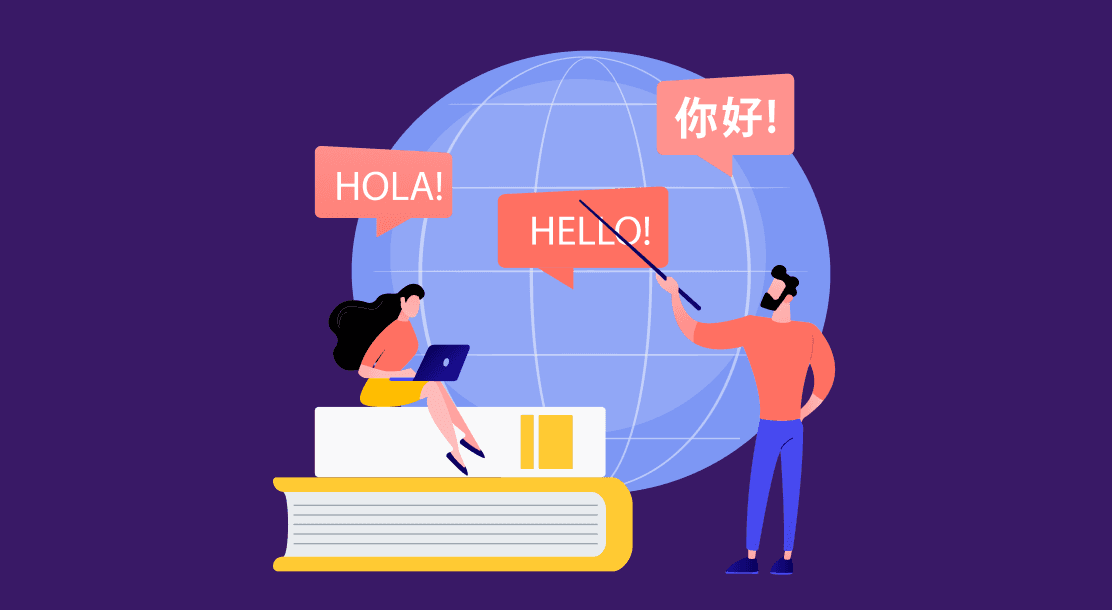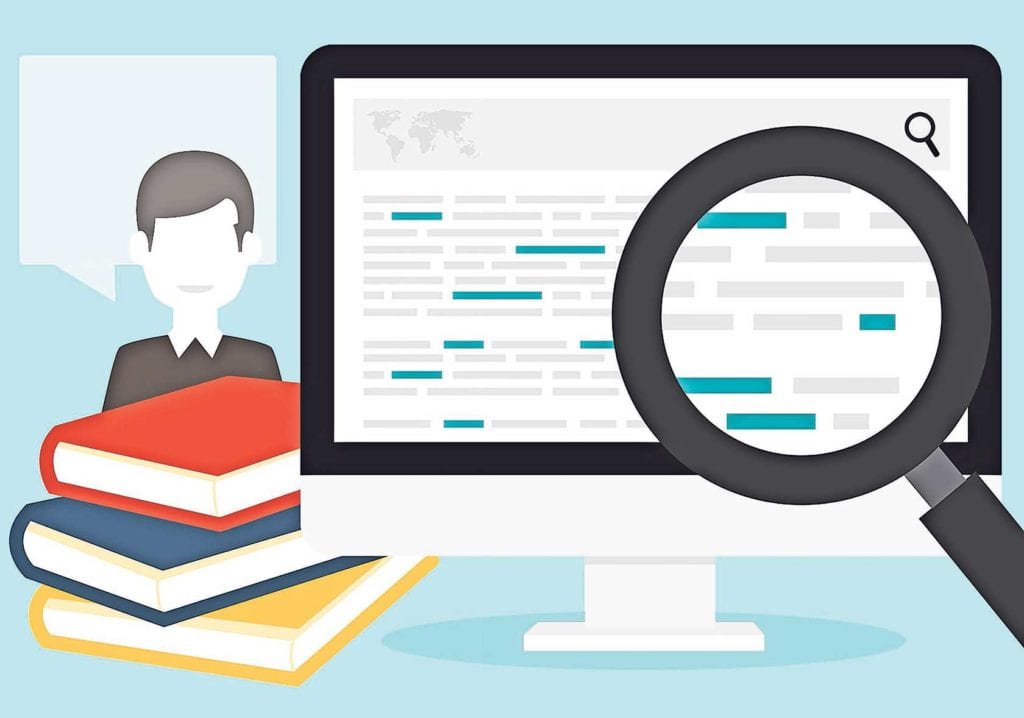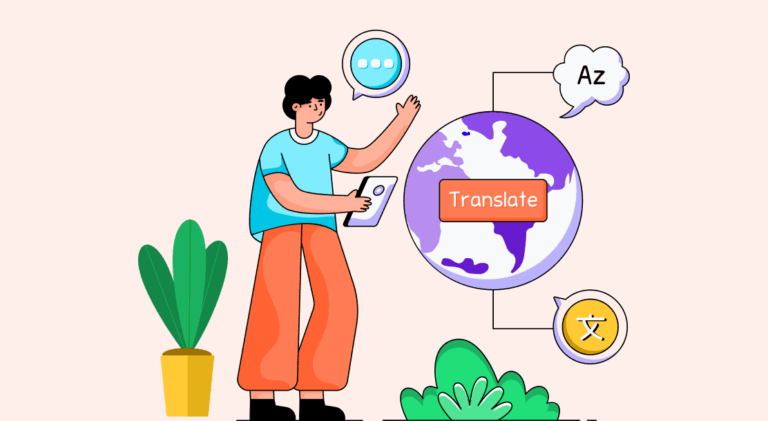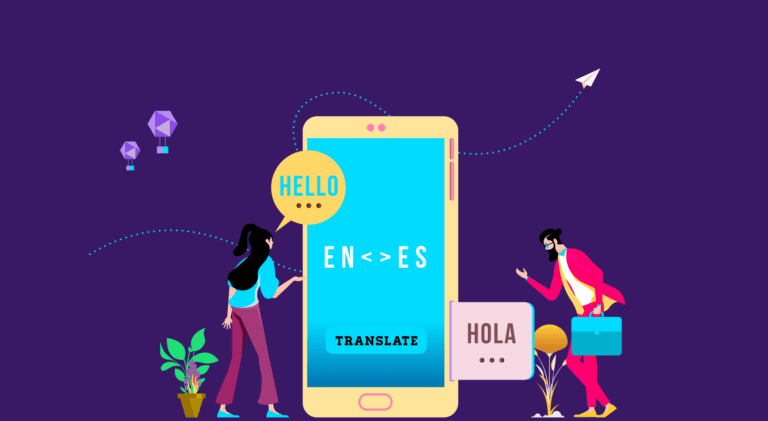8 Essential Skills to Look for in a Translator in 2022

Translator skills are important to convert words from one language to another. Learning the skills of a good translator can help you in both ways- to become a good translator and to improve your communication skills.
However, you must know that translating is not as easy as it may sound. A good translator is one who has mastered certain translation skills.

Want to know which are the best translator skills? In this article, we talk about the skills of a good translator in detail. Let’s get started.
What Is a Translator?
Firstly, let us understand who a translator is? A translator is someone who interprets one language and translates it into another. They need to be fluent in at least two languages to communicate the meaning effectively. A good translator is one who can communicate both in verbal and written ways and make the meaning interpretable to the respective people.
8 Essential Skills to Look for in a Translator
These eight translator skills can help you become a good translator.
1. Communication skills
Communication skills are among the most important translation skills as they form the base of any translating task. The aim here is to communicate an idea from one language to another, so communication skills are a must. Imagine a person who claims to be a good translator but can’t communicate properly. Would it make sense?
2. Cultural skills
Cultural knowledge strongly connects with the language that needs to be translated. As a translator has to translate between people from different backgrounds, they need to understand cultural knowledge.
For example, what is used as slang or references in one language might not be the same in another language. As a result, cultural knowledge becomes extremely important.
3. Research skills

The job of a translator is highly based on research. They have to keep on researching to become the best of whatever language they want to translate. Research skills can help a translator gain a deeper knowledge of the respective language and help him learn faster.
4. Advanced language skills
It would be impossible to translate something entirely if you do not understand it completely. Besides, if you don’t understand a text completely, you miscommunicate it.
As a result, the entire purpose of being a translator would be defeated. Therefore, advanced language skills are crucial for a translator’s journey as it helps him understand everything in detail, from the common texts to complex references.
5. Writing skills
Just like verbal skills, writing skills have their importance in the life of a translator. These come in extremely handy when you’re writing SEO articles or ad copy. However, writing skills have a few components: grammar, punctuation, and style. If you wish to master translation skills, you need to ensure that these three are on point and used correctly as and when required.
6. Computer skills
Translators need to stay organized to ease the job of translation. They need to have certain computer skills, including Microsoft Word, Microsoft Excel, and Adobe Design.

Microsoft Excel is important to keep written communication in place. Similarly, Excel offers many in-built tools to keep the translator organized, and with Adobe Design, the translator can publish written communication in style.
7. Specialization
Specialization is important from a job point of view. It can help the translators understand words and meanings in a specific context, thus making the job easy for them.
This translation skill has some common areas, including Business and Finance, Law, Science and Engineering, Medicine, etc. Depending on your choice of interest and eligibility, you can choose an area and move ahead.
8. Language knowledge
Last but not least, a translator needs to be able to write in at least two languages. There is no upper limit, though. Some highly in-demand languages are English, German, Spanish, French, Arabic, Russian, Italian, Portuguese, Dutch, and Mandarin.

How Can You Improve Your Translation Skills?
While taking a course is the best option available to improve your translation skills, you can also do additional assessments. These can be done using spell- and grammar-checking software to make sure your translations are accurate and have no mistakes. You can also go for some extra activities like watching shows, reading books or listening to podcasts related to that language.
Conclusion
Being a good translator requires the knowledge of many skills. The better your knowledge, the better translator you are. These skills can be developed through continuous learning and practice.
If you are looking to make a career as a translator, you can add some translation skills to your resume too. The crucial ones are computer skills, specialization skills, time-management skills, and advanced language skills.
These skills would help you get noticed by the interviewer more quickly, thus increasing the chances of getting hired and beginning your dream career. So, are you ready to master these translation skills and pave the way for your success?
Hopefully, this article will have helped you understand the important translation skills and why they are needed.
FAQs
A translator is a person who understands and interprets one language to another. They need to be fluent in two or more languages.
It is the ability to transfer meaning, style, tone, and other elements from one language to another.
The major translation skills include communication skills- both verbal and written, advanced language skills, computer knowledge, cultural skills, etc.
You can improve your translation skills by practicing daily. Join any course that suits you best. You can also watch movies or series of that language or listen to podcasts as well.
Latest Blogs
Explore how Google’s 2025 AI search updates triggered ranking chaos. Learn actionable strategies to adapt your SEO for AI Overviews, zero-click searches, and SERP volatility. Stay ahead now.
Learn how to rank on AI search engines like ChatGPT, Perplexity, and Gemini by optimizing your content for authority, structure, and relevance. Stay ahead in AI-driven search with this strategic guide.
Explore the best healthcare SEO services for your medical practice. Improve online visibility and effectively reach more patients in need of your services.
Get your hands on the latest news!
Similar Posts

Translation
5 mins read
All You Need to Know About Language Translation and Terminology Management

Translation
5 mins read
6 Reasons to Translate Content into German

Translation
5 mins read